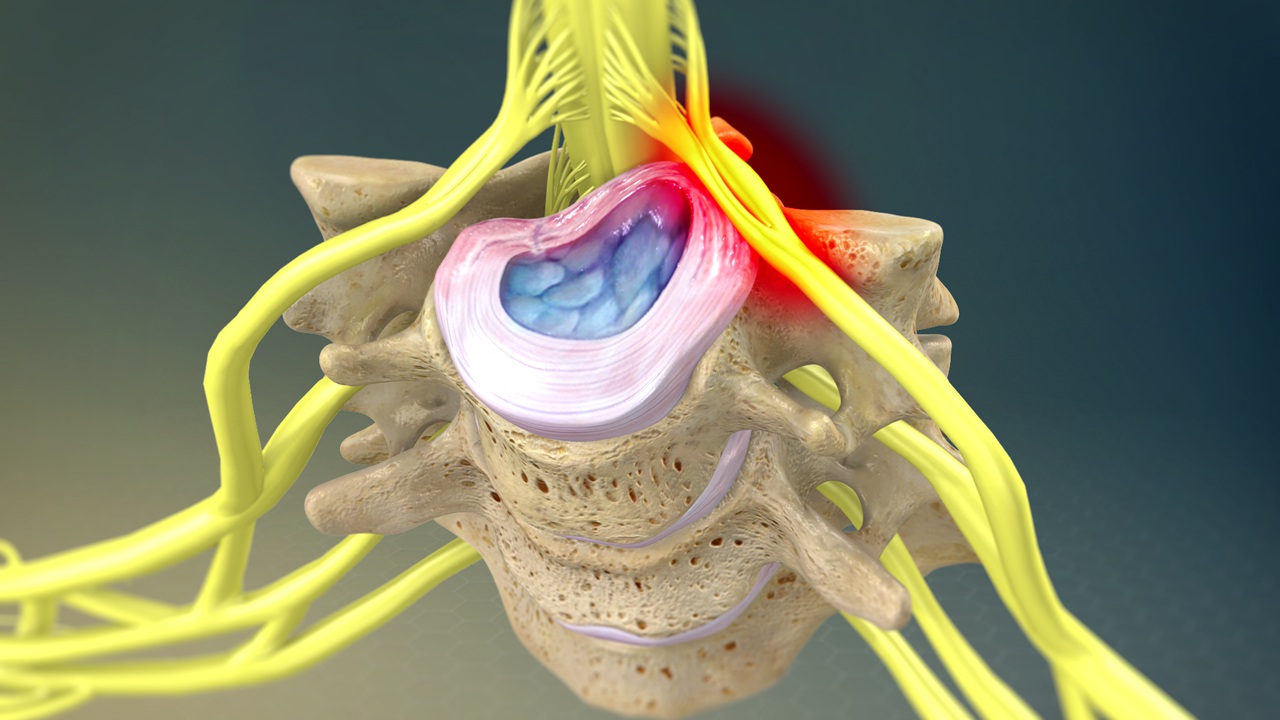Dealing with constant neck discomfort can be quite bothersome. Anyone, from the fit and young to the old, is susceptible to its effects, which include a reduction in movement and the inability to relax in peace.
Many people in the United States have to deal with constant neck discomfort throughout their lives. However, there are a number of pain management techniques on chronictherapy.com.au/pages/chronic-pain that can lessen your suffering or perhaps eliminate it totally.
Use a Heating Pad
Applying heat is a tried-and-true method for relieving pain. Heat treatments are simple to do at home and inexpensive. When applied to sore muscles, heat treatment can increase blood flow and relieve tension and pain.
When applying heat to your neck, make sure the medium you’re using (heating pads, hot water, wet towels, etc.) is warm but not hot enough to burn or create pain.
Apply heat to the sore area for around 30 minutes to ease mild stiffness or tension. Longer periods of applying heat, perhaps an hour or more, may help with more severe pain.
If you have a medical condition that puts you at increased risk of burns or other consequences from heat therapy, you should avoid it. Multiple sclerosis and diabetes are two prevalent instances of this type of illness.
Related: The Connection Between Stress and Chronic Pain
Don’t Rule Out a Cold Treatment Option
Cryotherapy, or cold therapy, is another self-care option you may try in the comfort of your own home. For some kinds of pain, such swollen or inflamed pain, this is a more effective therapy than applying heat.
Apply a cold gel pack or similar alternative to the afflicted area for 15 minutes at a time, removing it in between applications to avoid overcooling the nerves.

No discomfort should be felt during therapy, and ice should never be applied unwrapped to the skin. The use of ice is a frequent means of safe cooling, and one typical method of utilising ice is to place the ice in a bag, and then place the bag inside a pillowcase.
If you have cardiovascular or heart illness, you should avoid cold treatment since it might temporarily impair circulation. As it might be difficult to identify whether you are administering the therapy in a way that can be damaging your body, those with decreased nerve sensitivity should also avoid it.
Do you want to try CBD
CBD has a difficult connection with the medical community. They don’t control it enough and there’s not enough research on it. As an added downside, CBD may cause drug interactions and raise the danger of developing liver problems.
However, research suggests it has utility in a variety of contexts. Some studies, particularly one that focused on neuropathic pain, have demonstrated that it is effective in treating chronic pain.
In order to evaluate CBD objectively, you must disregard the numerous claims made by CBD’s advertisers. On the other hand, if your pain is severe, it is often safe enough to attempt in conjunction with other therapies.
Get advice from a doctor on the right CBD dose for you if you’re interested in trying it. They will also be able to identify any potential CBD-related concerns depending on your current health situation and the drugs you are currently taking.
Over-the-counter pain relievers can be a useful interim measure
Pain can be treated and moderate swelling reduced using OTC pain medications such as ibuprofen and acetaminophen. Even while they probably won’t eliminate your pain completely, they’ll do as a temporary measure while you seek for a more permanent remedy.
Side effects from these medicines are often modest, but continued use or usage by persons in high-risk populations can still be harmful. Ulcers in the stomach and liver damage are two such conditions.
Prescription medications are an additional option for relieving chronic pain. Prescription pain relievers, however, can be addictive and have more severe adverse effects. Never take these without a doctor’s advice.
However, before beginning any new medicine or changing your current dosage, it is imperative that you speak with a doctor. They can help you learn about potential dangers and create a more comprehensive treatment strategy for pain control.

Seek the Advice of a Qualified Pain Specialist
For chronic discomfort that lasts more than a few days, it’s best to see a doctor. A professional therapy can likely eliminate or significantly lessen your symptoms of chronic pain, regardless of how severe the pain may be.
If you’re experiencing neck discomfort, it’s best to consult a doctor who specialises in pain management. To determine the root of a patient’s discomfort and initiate effective treatment, our clinic employs a team of specialists in the field and a comprehensive set of diagnostic equipment.
Involvement with a pain management expert has the ability to restore your quality of life by eliminating the discomfort you’ve been experiencing. Many insurance policies cover services provided by our facility, and while some just demand a reference from your primary care physician, others accept patients without a referral.
The Benefits of Sleep Are Real
Many people with chronic pain report experiencing it in waves. It might be a major factor in your day on some days and a minor one, if any, on others.
Furthermore, strenuous exercise is one activity that might make neck pain even worse. Take a stop and rest if the discomfort appears worse than normal.
Chronic pain is rarely resolved by rest alone (hence it being chronic). However, relaxation can provide a welcome reprieve for your neck and buy you some time while potentially aggravating variables, such inflammation, subside.
If you suffer from chronic neck pain, come see us
Our specialists at Chronic Therapy can assist you if you are experiencing difficulties due to chronic neck discomfort. You should not have to deal with discomfort without medical assistance.
You can use this link to schedule an appointment with us. You are welcome to peruse our site to learn more about us and our services.
For more information on chronic pain symptoms, chronic pain resources or effective chronic pain management options, you should book a consultation session with a specialist at Chronic Therapy today, to give you professional advice that will suit your personal experience.


